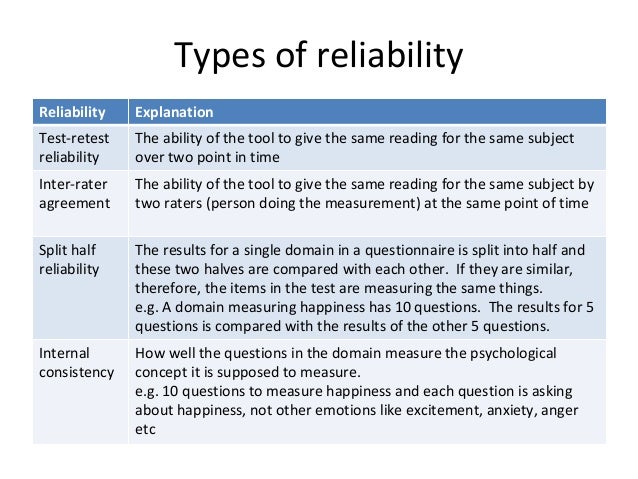

Those in the School focused mainly on mental operations such as mental set ( Einstellung) and imageless thought. The School was founded by a group of psychologists led by Oswald Külpe, and it provided an alternative to the structuralism of Edward Titchener and Wilhelm Wundt. The work of the Würzburg School was a milestone in the development of experimental psychology. Weber's law is considered to be the first quantitative law in the history of psychology. This relativity is expressed in "Weber's Law," which suggests that the just-noticeable difference or jnd is a constant proportion of the ongoing stimulus level.


His most memorable contribution to the field of experimental psychology is the suggestion that judgments of sensory differences are relative and not absolute. Weber's main interests were the sense of touch and kinesthesis. Ernst Heinrich Weber, a German physician, is credited as one of experimental psychology's founders.


 0 kommentar(er)
0 kommentar(er)
